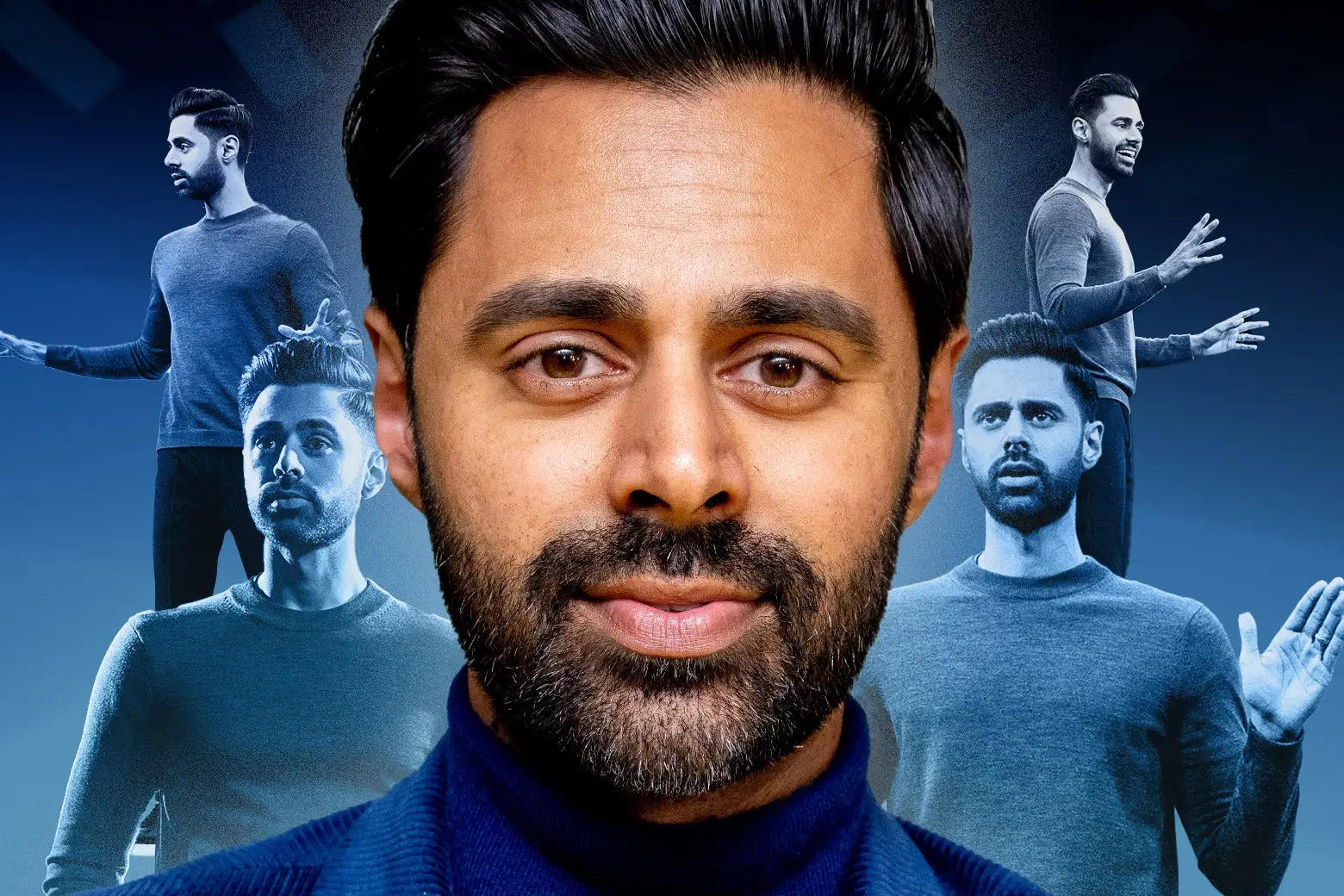As I’ve read about it more I can understand the discomfort of his approach to “relaying true stories through a personal lens”. but I think at best it warrants a “he’s not really my vibe”, or “not a fan of his stuff”. I do not think the evidence is there for a hit piece, and think there must have been weird motivation behind “revealing his lies”. I just don’t understand why the writer needed this narrative.
Truth is? Most standup is bullshit. Of course it is! The idea of taking a real feeling or a real scenario and creating a fake story with a beginning/middle/end is literally the gig. You pull from every part of you to try and make it genuine, but its usually not real.
But I get it, these stories were less funny and more to build empathy or push his point, which feels weird. I just think if you don’t like that twist of the narrative you have to accept that that is an issue you have with where standup is at right now. He isn’t doing anything unique.
He isn’t doing anything unique, but that isn’t a defense. it basically comes down to embellishing for claps is wrong; embellishing for laughs and letting the audience in on it, is fine.
Truth is? Most standup is bullshit. Of course it is! The idea of taking a real feeling or a real scenario and creating a fake story with a beginning/middle/end is literally the gig. You pull from every part of you to try and make it genuine, but its usually not real.
Standup also choose the stories they tell. I’m Filipino, so as a stand up comedian, I talk about my experiences. But as middle class Filipino growing up in SoCal, I haven’t experienced the racism and discrimination that my past generations (or fellow Filipinos) have experienced. So I can’t just invent or take inspiration from other experiences of discrimination, and pass them off as my own.
That’s always been my standard personally as a comedian, because it also intersects with my political identity. Creating that type of distrust with an audience would hurt myself and my community, and my own personal success would not be worth that.
But his stuff was based on what his generation experienced, and apparently based on people living in his neighborhood.
He may have embellished the fake anthrax story a bit, but I think the core important part of that is that he received it in the first place. Sure, it didn’t actually end up on his daughter, but as a parent that’s all you’d be thinking about in that situation anyway.
But his stuff was based on what his generation experienced, and apparently based on people living in his neighborhood.
This is what he call emotional truths in the story, and as a comic, I don’t believe it has any validity. Those type of lies are not in service to the joke, but talking about the struggles of your community. Which is an understandable goal, but given the controversy around his special, it definitely had consequences for his community and the discrimination they faced. For instance, imagine he had told the brother Eric joke, and then gave the punchline that brother Eric coerced a confession out of him, and he’s been in prison for the last twenty years. And then he could reveal that story is not about him. Brother Eric coerced the story about another Muslim that was the same age. Same jokes. Same laughs. More honest.
I personally think he made the wrong choice by centering his comedy around himself, rather than just being honest about the struggles of his community and it affecting other people.
As a former Daily show writer put it in the article:
A comedy writer who has worked for “The Daily Show” said that most comics’ acts wouldn’t pass a rigorous fact-check, but, if a show is built on sharing something personal that’s not necessarily laugh-out-loud funny, the invention of important details could make an audience feel justifiably cheated. “If he’s lying about real people and real events, that’s a problem,” the writer said. “So much of the appeal of those stories is ‘This really happened.’
I think it’s fair to say he made a mistake in it but I dont think it’s a fair to act like he was particularly malicious or deserves to lose TDS over it.
Your standard is exactly right.
But I don’t think that’s as cut and dry as what Minhaj did though. The FBI story was the only one that didn’t happen directly to him (with the obvious additions that he called out). He was still involved and knew the guy that was impacted and has those FBI people at their mosque. Sure the cop car head slam didn’t happen. But I don’t think his intent was to make up a completely baseless story about something that he only heard about and harm others’ability to get help when they have those situations happen to them.
The FBI and Police won’t do anything more now than they did before to prevent racism, as the George Floyd murder and the subsequent police violence has shown.
Not justifying the decision, nor trying to de-legitimize how those that have had those things happen to them feel (which we know is a lot more common than reported).
I think the situation has a lot more nuance than the New Yorker cared to report on, which to me calls into question their intent.
The FBI story was the only one that didn’t happen directly to him (with the obvious additions that he called out).
There’s more covered in the article. He left out a few embellishments from his defense.
Incredibly well put. You might appreciate this old article from Vulture - where deceiving the audience is destructive to someone’s public persona.
Super great point
He’s such a noble victim.
I thought this was a pretty fair and comprehensive take
Yes, I would agree.
My takeaways is that The New Yorker took excessive liberty to cast Hasan in a bad light, doing so knowingly.
I also really like the idea that TNY is out here targeting Hasan, while not fact-checking other standup routines from other comedians.
Hasan was specifically reported on because of his possibility of hosting the Daily Show, although I think in the comedy scene, there has always been of consternation around the veracity of elements of Homecoming King/King’s Jester.
Dont think the comedy scene cares much about accuracy. Probably more likely due to the issue with his writers, fact checking and toxic work environment. Add people from his hometown who’s expressed skepticism about his experiences mentioned in his standup.
The issue is that some of the stories don’t add up. For instance, any of the stories where he mentions it being related to his time on Patriot Act would raise a red flag for some folks, especially if they knew people working on the show. You can tell any joke you want, but when you fudge the details about things that happened while at work, people would be suspect. The anthrax story is a good example. Hasan had a security detail and Netflix was working with him to ensure his safety, by it’s strange that an anthrax scare went unreported, especially in NYC.
The comedy scene does care about accuracy regarding experiences with racial discrimination as well. A fair amount of comedians came out against his type of storytelling after the New Yorker story broke. But there were some people supportive him as well.
The difference is that other comedians lie in order to be more funny, which is something any comedy audience implicitly accepts. Hasan was only lying to make himself seem more like a victim and gain sympathy from the audience. Hollywood generally rewards diversity more than talent, and Hasan exploited this with his fake sob stories.
Y’all think Brett Kreschier is worried about the machine story getting out closed?
I legit don’t care if he lied lol 🤥🤥🤥 was in the same room as him once and he seemed chill
People said the exact same thing about Hitler.


